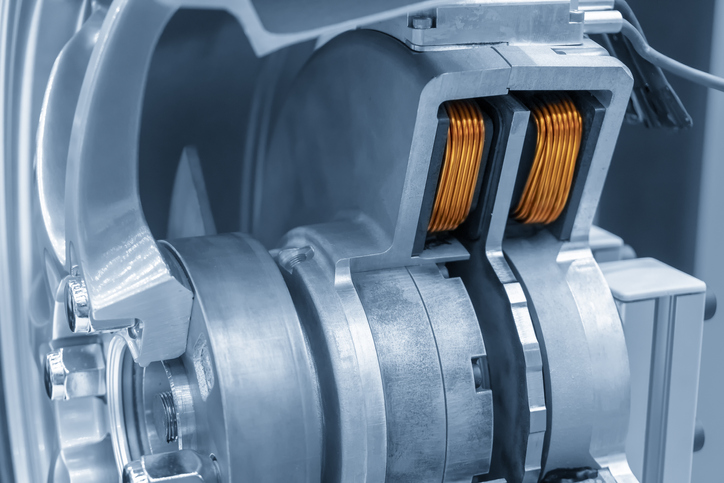When we think about aluminum, we most often associate this metal to the flexible foil used for everyday cooking. Yet this alloy can be used in applications where strength, corrosion resistance and weldability are required. The construction industry often uses aluminum alloys as beams, metal sheathing, and as scaffolding. This metal can also be used in products such as the tubing for lawn furniture, automotive framing, and even braces used for trucks and boats. To increase its strength, magnesium is added.
Cold-Working Aluminum to Increase Its Strength
Aluminum can be both hot-worked and cold-worked to increase its strength. With the addition of magnesium during the cold-working process, the element increases the strengthening effect. This process involves taking the aluminum and using forging and rolling processes. As the aluminum is worked, more vacancies and dislocations are introduced into the aluminum’s matrix structure. These vacancies prevent the atoms from moving about, increasing the aluminum’s strength.
During the cold-working process, magnesium is added as a solid solution as it can have a maximum solubility of about 17.4%, although the content rate within most wrought alloys is typically at 5.5%. The magnesium provides moderate as well as high strength characteristics without impacting the ductility of the aluminum alloy. Aluminum alloys with magnesium added are placed into the 5xxx series and are usually made into plates and sheets. While 5xxx aluminum alloys can be extruded, it can be a difficult and costly process.
Magnesium combined with silicon when added to aluminum can be hot worked for extrusion purposes. Aluminum alloys with magnesium and silicon are placed into the 6xxx series. Manganese may also be combined with magnesium as these elements are added to aluminum. However, care must be taken when heat working with added manganese as the aluminum can start to crack during hot rolling.
Magnesium Benefits and Applications
Magnesium is a common element added to a wide range of alloys because it can add strength without inhibiting the positive characteristics of the base metal. With magnesium in aluminum, the aluminum has added strength, corrosion resistance and good weldability characteristics.
The range of applications is immense when using aluminum alloys that have magnesium added. Aluminum with magnesium can be formed into train bodies, truck bodies, armored vehicles, building construction, pressure vessels, chemical tankers, ships, and lids on aluminum beverage cans. Wrought aluminum with magnesium and silicon can be extruded to create drive shafts, hand rails, stiffeners for boats and trucks, bicycle frames, and tubular lawn furniture.
The versatility found when using aluminum alloys for materials and finished products is boundless. Here at Belmont Metals, we provide aluminum alloys with a range of magnesium and silicon added. Reach out to our company today to find the right alloys that will work for your application.

